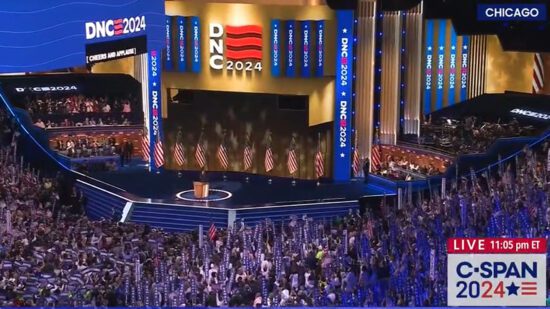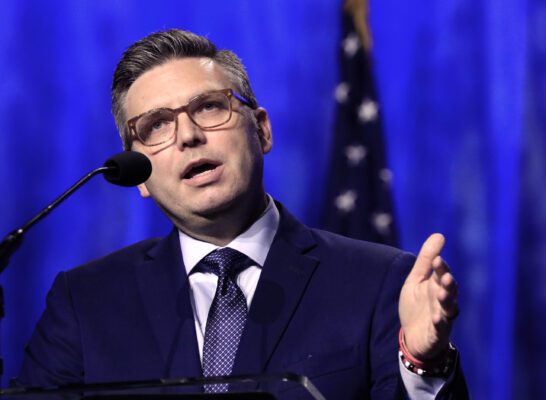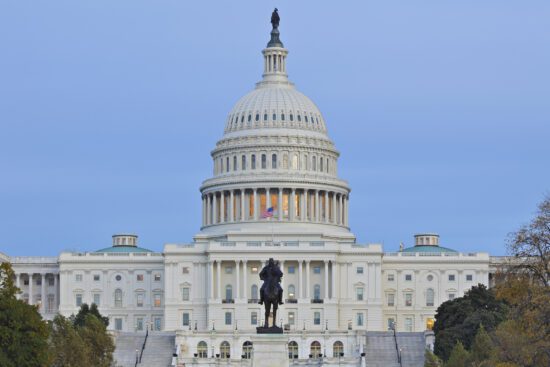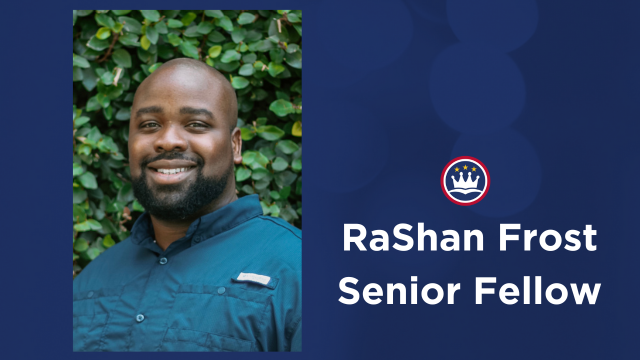NASHVILLE, Tenn., April 11, 2007—Dr. Richard Land and Dr. C. Ben Mitchell released the following statement today on Senate bill 30, the HOPE Act:
“While we affirm the ethical principles that inform S.30, we can neither endorse nor oppose it in its current form. We applaud the bill sponsors’ efforts to chart a path toward therapies and cures while trying to protect nascent human embryonic life from destructive research. On the face of it, the bill’s “natural death” requirement seems to navigate this difficult territory.
“We are deeply concerned, however, that given our current understanding of the development of the early human embryo, it is impossible to determine accurately when the death of the embryo actually occurs. The bill’s definition of “natural death” is: “having naturally and irreversibly lost the capacity for integrated cellular division, growth, and differentiation that is characteristic of an organism, _even if some cells of the former organism may be alive in a disorganized state_” (emphasis added).
“As we understand the state of the science, it is impossible to know precisely which living cells of an early embryo are necessary to sustain embryonic life. We are concerned, therefore, that the bill in its current form would tacitly authorize the destruction of so-called “low grade” but viable embryos, not just deceased embryos.
“The Ethics & Religious Liberty Commission remains firmly committed to the ethical advance of science, the development of treatments and cures for suffering humanity, and the protection of the dignity of every human being from conception to natural death.
p(notes). Dr. Richard Land is President of the Southern Baptist Convention’s Ethics & Religious Liberty Commission
p(notes). Dr. C. Ben Mitchell is Associate Professor of Bioethics and Contemporary Culture at Trinity International University in Deerfield, Illinois and Special Consultant for Biomedical and Life Issues for the Southern Baptist Convention’s Ethics & Religious Liberty Commission.
p(notes). The Southern Baptist Convention is America’s largest non-Catholic denomination with more than 16.2 million members in over 43,500 churches nationwide. The Ethics & Religious Liberty Commission is the SBC’s ethics, religious liberty and public policy agency with offices in Nashville, Tenn., and Washington, D.C.









